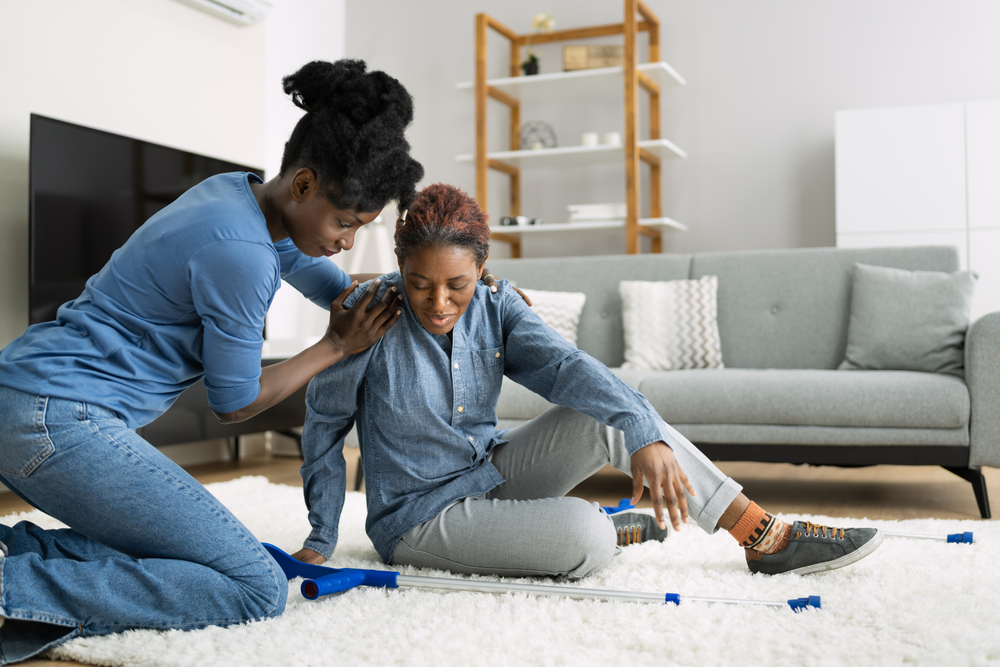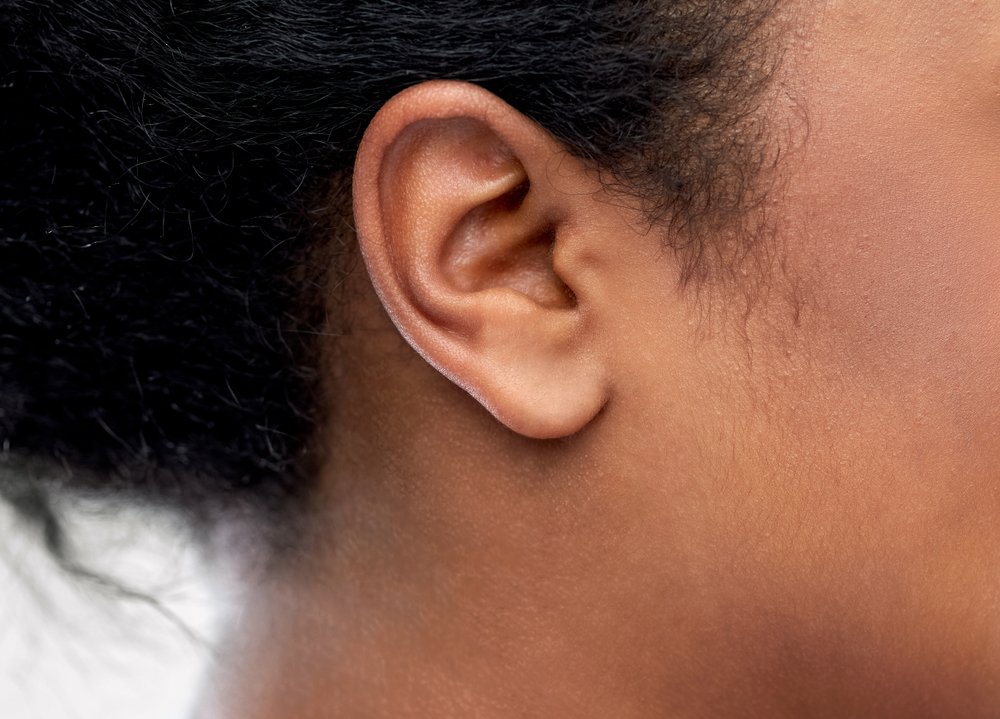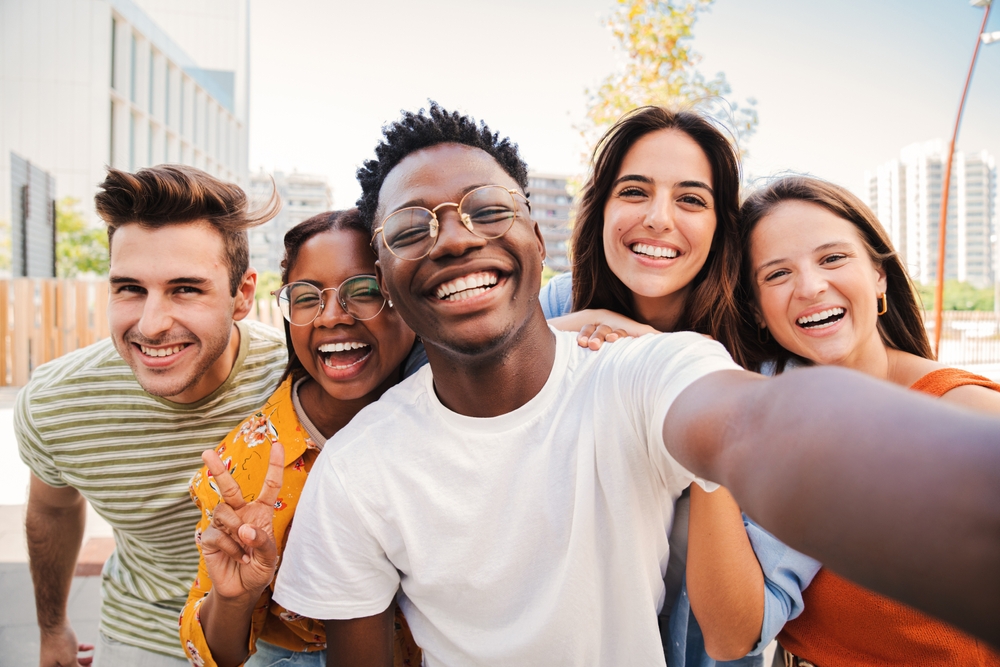The average summer day is likely filled with fun activities and happenings, from motorcycle rides to family reunions to fireworks to sporting events. And while most of these activities are healthy (it’s always good to be active) many can present hidden risks to your hearing health. That’s because loud noises, over time, can damage your ability to hear. A loud motorcycle engine or the roar of a crowd could be contributing to long-term, noise induced hearing loss.
What is noise induced hearing loss? This condition occurs when excessively loud noises, over time, cause damage to your hearing. As a result, you experience hearing loss. Noise induced hearing loss is effectively permanent.
There is no cure, though this form of hearing loss can be successfully managed. Increasing your awareness of these common loud noises can help you better manage risks and develop prevention strategies–so you can protect your hearing over the long run. With a few simple adjustments, you can enjoy your summer fun and protect your hearing health.
Is summer really that noisy?
Summer may be one of those times of year in which noise hazards are easiest to miss. Some of the most common dangerously loud noises include the following:
- Routine use of power tools: Summer is a perfect time for home improvement projects. But it’s important to remember that all of those power tools can be quite noisy. The more you use these tools, the more your hearing risk increases.
- Routine lawn care: This could include using lawn mowers, chainsaws, leaf blowers, and weed wackers. The powerful motors in many of these mechanical tools are incredibly loud. (It’s worth noting that purely electric engines are often quieter.)
- Loud concerts: Even outdoor concerts present significant hazards to your hearing health. After all, these events are designed to be as loud as possible.
- Driving: A sunday drive is incredibly popular–but the wind rushing through your windows (or all around you if you happen to be driving a convertible) can be hard on your ears. This is especially true if the sound occurs for long periods without breaks.
- Sporting events: Any time you’re around loud crowds, you may increase your risk of noise damage (this can be even more prevalent at sporting events that feature motorized attractions, such as a Nascar race or monster truck rally).
- Fireworks events: Summer is full of fireworks. They happen at holiday celebrations, sporting events, and impromptu neighborhood gatherings. Unfortunately, fireworks are incredibly loud and certainly cause damage to your ears.
In general, sounds above 85dB are considered to be damaging. This is about the range of a lawn mower, hair dryer, or a typical blender. That’s important to note because these sounds may not feel particularly noisy. But that doesn’t mean that such volumes won’t cause damage.
How can I prevent noise induced hearing loss?
Noise induced hearing loss impacts millions of people every year. And, unlike age-related hearing loss, noise-induced hearing loss can present at any age. That’s why prevention is so important. Some of the most effective prevention strategies include the following:
- Limit your time in noisy environments: The louder the environment, the more you should limit your time. This can help prevent long-term damage to your ears. If you’re at a noisy sporting event, for example, walk to a quieter area every thirty minutes or so.
- Give your ears a break (and time to recover): If you attended a loud fireworks show, make sure your next day is a quiet one. This can give your ears more time to recover and prevent further and more significant damage.
- Wear hearing protection: If you cannot avoid noisy environments (or don’t want to miss out on certain fun activities), you can invest in a pair of good ear muffs or ear plugs. Wear this hearing protection when you need to–when you are in environments that are noisy. This can help prevent damage. Custom hearing protection devices tailored to your ears and your hearing can be especially effective.
- Download a sound level detection app to your phone: You may be surprised at just how quickly sounds can escalate above that 85dB danger zone level. (Even your headphones or earbuds can quickly start harming your ears.) There are many reliable apps available for smartphones that can help you monitor ambient noise levels, so you can be more aware of when your surroundings become dangerous to your hearing.
- Use disposable earplugs when you have to: Disposable earplugs aren’t as effective as more customized types. But they’re much better than nothing! If you find yourself suddenly in a noisy environment, a cheap pair of disposable earplugs can help prevent significant hearing damage.
- Turn down the volume at home: Simply turning down the volume on your TV and music playing devices can help give your ears some quiet and a chance to recover. When everything is loud all the time, damage can progress more quickly.
- Get your hearing checked: Sometimes hearing loss creeps up on you very slowly. Many people won’t notice the symptoms for months or years. Getting your hearing checked can help you determine whether you have noise-induced hearing loss. Your hearing specialist will be able to discuss how to prevent further damage, which treatment options might be appropriate, and how to keep your hearing as healthy as possible for as long as possible.
Noise-induced hearing loss is not inevitable. Prevention strategies can help preserve your hearing. With the right approach, you can enjoy all that summer–or any other season–has to offer and protect your hearing.
Talking to a hearing specialist can help start your journey towards healthier ears and better hearing.



